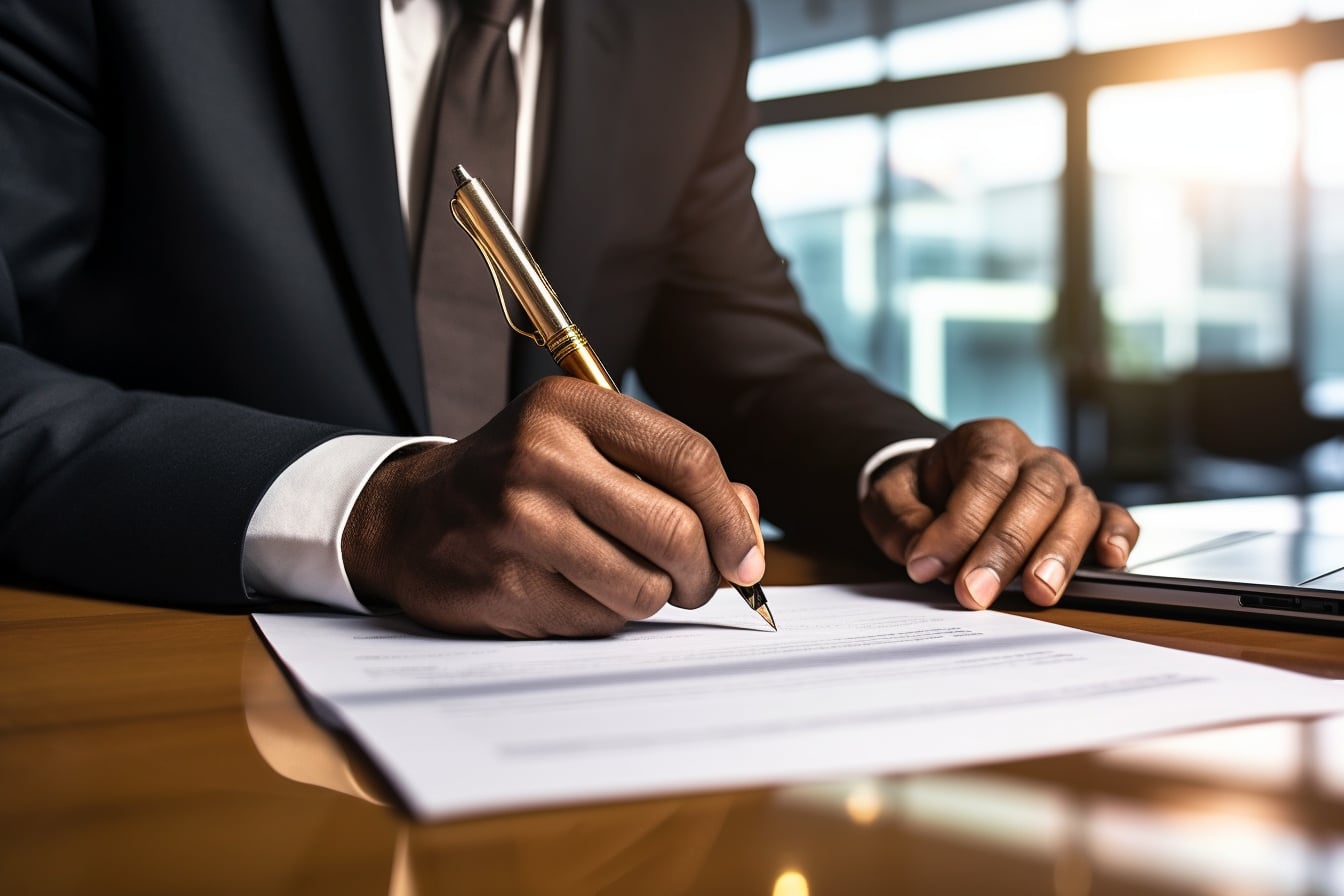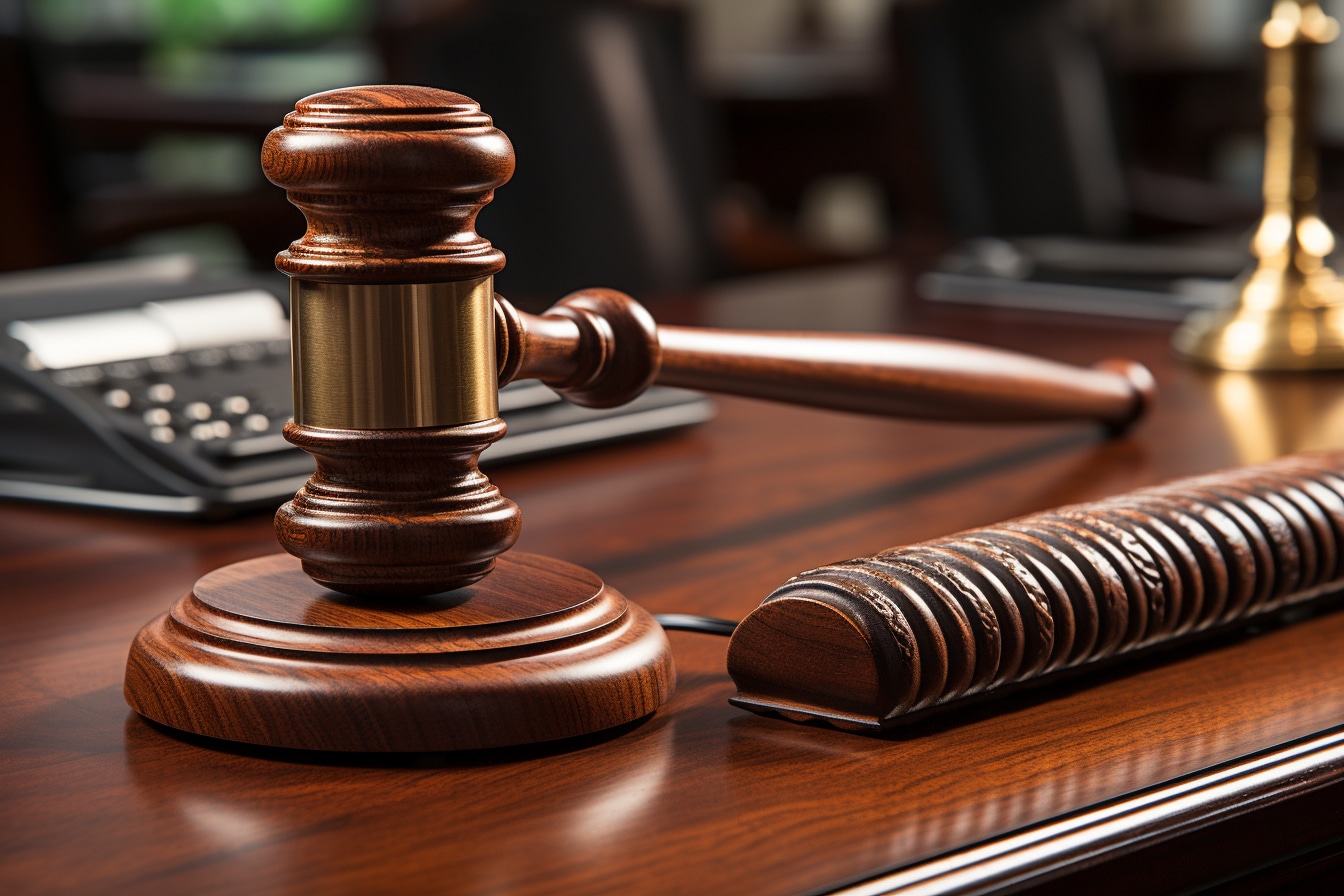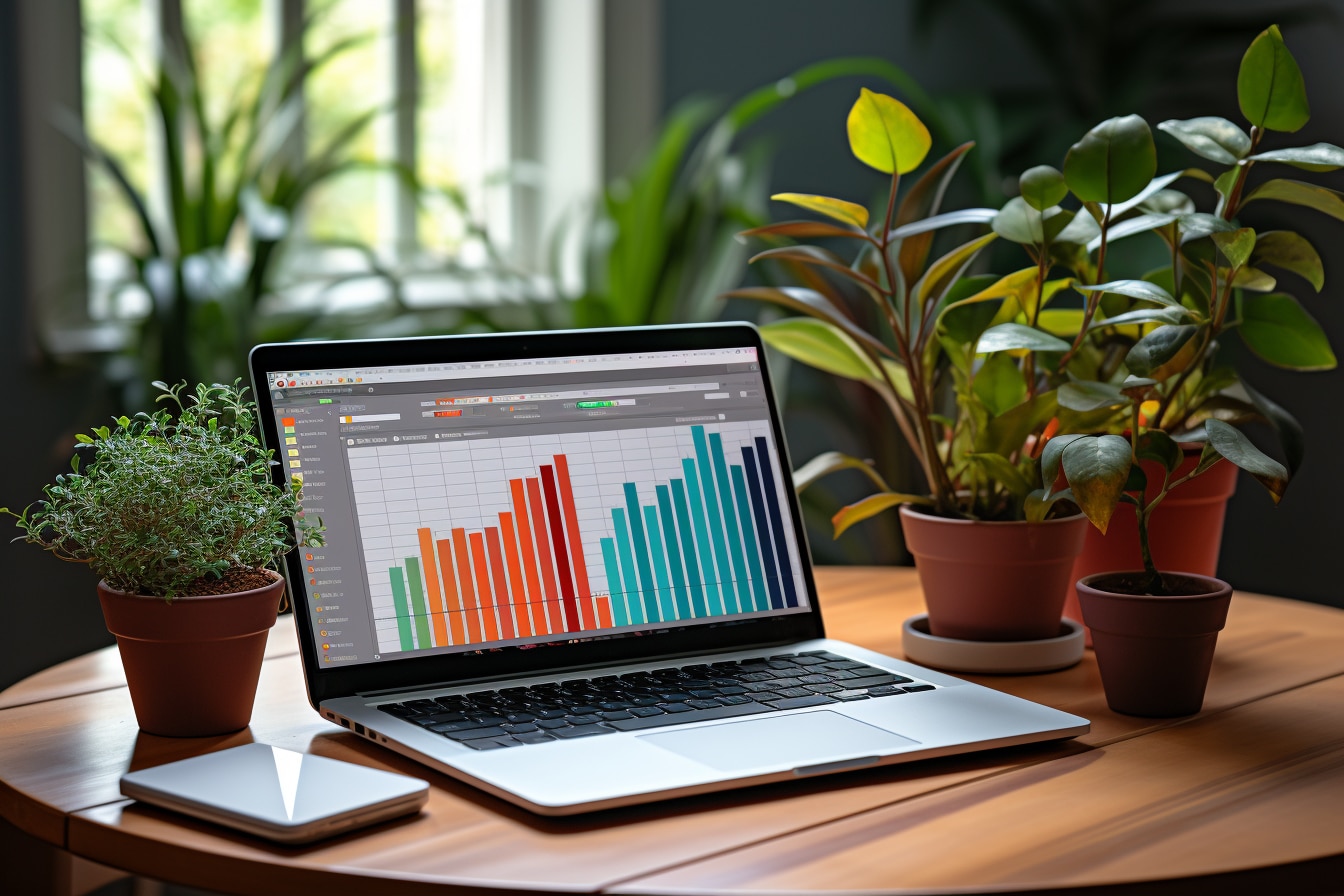Does artificial intelligence, more commonly known as AI, call copyright into question? It’s a question that specialists have been pondering for some time now. Indeed, the use of AIs such as ChatGPT, Dall-E 2, Stable Diffusion and MidJourney, to name but a few, is now exponential and almost unavoidable. But their use raises a number of legal issues.
Copyright: definition
Copyright is governed by the French Intellectual Property Code, and is divided into two branches.
- Moral rights, which are said to be imprescriptible and non-transferable, concern respect for the author’s name, status and work.
- The economic right concerns the commercial exploitation of the work for a maximum duration. Thus, 70 years after the death of the copyright holder, all his creations fall into the public domain.
Copyright allows creators to control the use of their work, giving them exclusive rights to reproduce, distribute, represent and modify it.

According to article L 111.1 of the French Intellectual Property Code: “The author of a work of the mind enjoys, by the mere fact of its creation, an exclusive incorporeal property right enforceable against all”. Copyright protects many forms of creation: literary works (novels, poems, articles), artistic works (paintings, sculptures, photographs), musical works, films, software and many others.
In France, no formal declaration is required. A work is automatically attributed to its creator. However, in the event of multiple claims, the competent authorities will have to check the anteriority of possession. Whoever can prove the earliest date will be considered the owner. That’s why it’s important to “register” a work with a time-stamped and certified deposit, via the INPI.
Finally, the term “copyright” is the Anglo-Saxon equivalent of droits d’auteur in France.
The challenges faced by lawyers in managing AI and copyright
Can a work protected by copyright be used by an AI without authorization? And, conversely, can an original creation generated by an AI be legally protected?
Use of copyrighted data
AIs can be used to automatically generate content, such as news articles, music or works of art. When such content is created, the question of copyright ownership can arise.
If the AI is used by an individual or organization, they can claim copyright over the content produced. However, if the AI is used autonomously, without significant human intervention, copyright attribution can be more complex. The ability of AI to reproduce such content quickly and efficiently can compound the problem of counterfeiting and piracy.
In addition, training an AI model may require the manipulation of large quantities of copyrighted data, such as text, images and sound extracts. Unauthorized use of such data could potentially infringe copyright, i.e. be considered an act of counterfeiting by reproduction (articles L. 122-1, L.122-3, L.335-3 of the French Intellectual Property Code).
Works created by AI
Conversely, an original creation by AI is not protected. Indeed, the status of works created by artificial intelligence is particularly unclear, since they are considered not to have been conceived by a human being. As such, they would automatically be in the public domain, which poses a problem for the companies who make them available after investing millions in their AI systems.
Some countries have decided otherwise. In the UK, for example, the law is clear: in the case of a literary, dramatic, musical or artistic work created by means of a computer, the person who took the necessary steps to create the said work will be deemed to be its author.
Copyright and authors’ rights, key issues for artificial intelligence

The interaction between AI and copyright raises complex legal and ethical issues. The explosion in the computing power of computers means that the difference between a “work of the mind” and an artificial work is now barely distinguishable.
The work of legal experts must focus on monitoring and adapting copyright laws to take account of technological advances. At the same time, they will have to strike a balance between protecting the rights of creators and promoting innovation in the field of AI.
Copyright legislation in general, and with the use of artificial intelligence in particular, is likely to have to reinvent itself. Fundamental work is already underway around the world.
The focus will have to be on the possibility of a return on investment for companies using this technology, and not just on the challenge posed to copyright by artificial intelligence.




